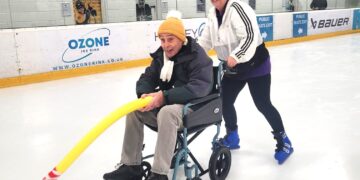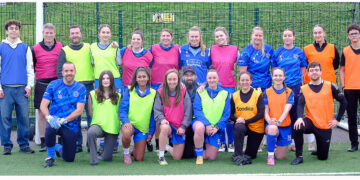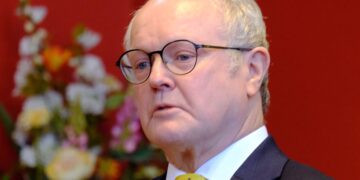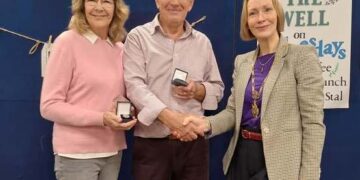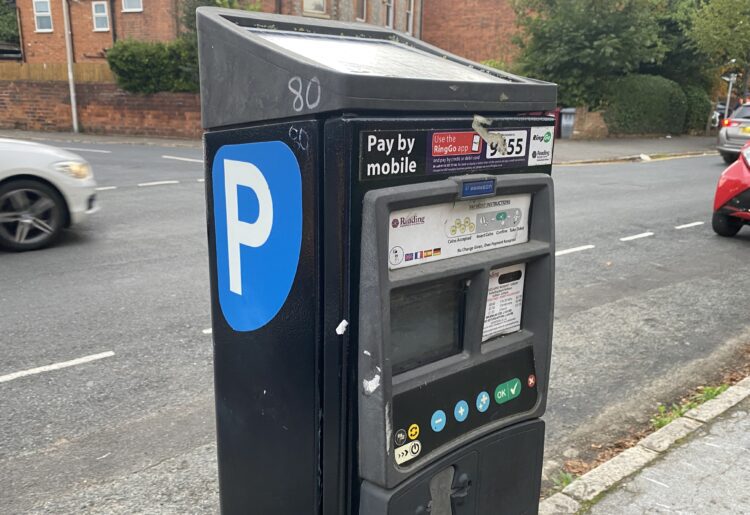By Neil Coupe
Over the weekend, I was listening to an interesting podcast where ex-Prime Minister Tony Blair and ex-Leader of the Opposition William Hague were discussing the advances in technology and how they are going to be transformational in the coming years and decades.
It was an enjoyable listen. They began by chuckling about their old ‘war stories’, such as when during Prime Ministers Questions Hague asked Blair about a new Sports Centre in Sheffield that had been boasted about in a Government press release, only for it to turn out that it had not even been started, never mind completed.
Hague then sighed as he reflected that his supposed success at the despatch box did not translate to the ballot box.
They then explored how technology is continuing to transform society and talked about how, for example, work between a hospital group and a world-famous technology company had created a process whereby retinal scans could identify the very first signs of Parkinson’s Disease.
If identified early enough then Parkinson’s Disease could, at the very least, be significantly mitigated.
They then discussed that if medical data could be analysed and shared appropriately there could be a massive database of information available to combat future sickness, allow early intervention and reduce the long-term pressure on the NHS.
They also mentioned the UK Biobank programme, which I have been involved in for 15 years or so.
This is a research programme where every year or so I am asked to either answer lifestyle questions around diet, exercise etc, perform cognitive tests, send in urine samples, and on one occasion even have a full CT scan.
The data being produced by this is considered to be world-beating and it is good to know that my occasional interactions with the programme are doing good for society.
Hearing elder statesmen speaking optimistically about technological advances was quite reassuring, and they signed off by saying they would not be returning to frontline politics (although the Tony Blair Institute employs 1,000 people) and likened themselves to two old men sitting on a park bench chewing the fat.
The picture they painted is of technology whirring away in the background, making life better for everyone.
Meanwhile, back in the real world, I had the role of an old man sitting on a park bench last week, as I went on a walk, and, naturally, a sitdown, with some old friends of mine.
We are all technologically competent, but we had to pay for our parking using our phones. Not a huge challenge on the face of it, especially as there are a couple of apps that work relatively seamlessly.
However, on this occasion, yet another app had to be downloaded, and after inputting the location, the colour of the car and the registration number, I had to input my credit card details before being sent to a page where I had to give a full name and address, plus my country.
Twenty-five minutes later I finally managed to pay, the stress only slightly alleviated by the schadenfreude that my friend was double charged as the app also charged him for a car he had sold eight years ago.
I do worry how intimidating and confusing some of these parking apps must be to elderly people, simply wanting a day out and not necessarily owning a smart phone, or indeed any phone at all.
I really hope that as technology continues to advance, as it undoubtedly will, be it in banking or something as simple as parking that people are not left behind.




